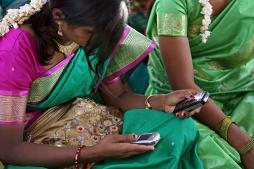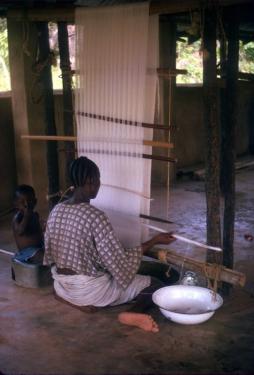economy
Posted by MarkWeingarten on Feb 22, 2011
Regulatory Independence and Wireless Market Development: A Comparative Analysis of Two African Nations data sheet 1032 Views
Author:
van Gorp, Annemijn F. & Carleen F. Maitland
Abstract:
This study analyzes the nature of regulatory independence and its influence on wireless market development in Tanzania and Botswana. The study finds that the level of regulatory independence is associated with improved market conditions. The research has implications for theories of regulation and market development in low income countries.
In particular the Tanzania case suggests that the independence of regulation can have secondary effects such as diversity of technologies and faster transitions to advanced technologies, while the reversal of independence in Botswana highlights the need for greater insights into the under-theorized dynamic nature of regulatory independence.
Posted by AnneryanHeatwole on Oct 16, 2009
Mobile phones have been a boon to developing countries and to social development. Access to mobiles may indeed allow for better medical information, change the way farmers grow and sell crops, expand the way families interact, influence the way governments treat their citizens, and improve the way students learn in schools. But what is the real story behind these benefits? And who really gains from them? In our ongoing series on Mobile Myths and Realities: Deconstructing Mobile" we turn to how women are or are not benefitting from the ibiquity of mobile telephony. What did we find?
Posted by CorinneRamey on Sep 03, 2009
We'd like to think that mobiles are a great economic equalizer, decreasing the gap between rich and poor.
But in a case study [PDF] published earlier this year about cloth weavers in Nigeria, authors Abi Jagun, Richard Heeks and Jason Whalley contest the conventional wisdom that more mobile phones result in a more equal society.
"There were few signs, then, of mobile telephony levelling the playing field; and more signs that it had been a technology of inequality," the authors wrote.
The study, which looked at the use of mobiles by the aso oke cloth weaving sector in Nigeria, found that mobiles did help those who had them. "By substituting for some journeys, plus in-person meetings, we can see that phone calls have reduced the time and financial cost of information-gathering, often by several hours and several U.S. dollars respectively per call (not to mention the opportunity cost gains)," wrote the authors.

